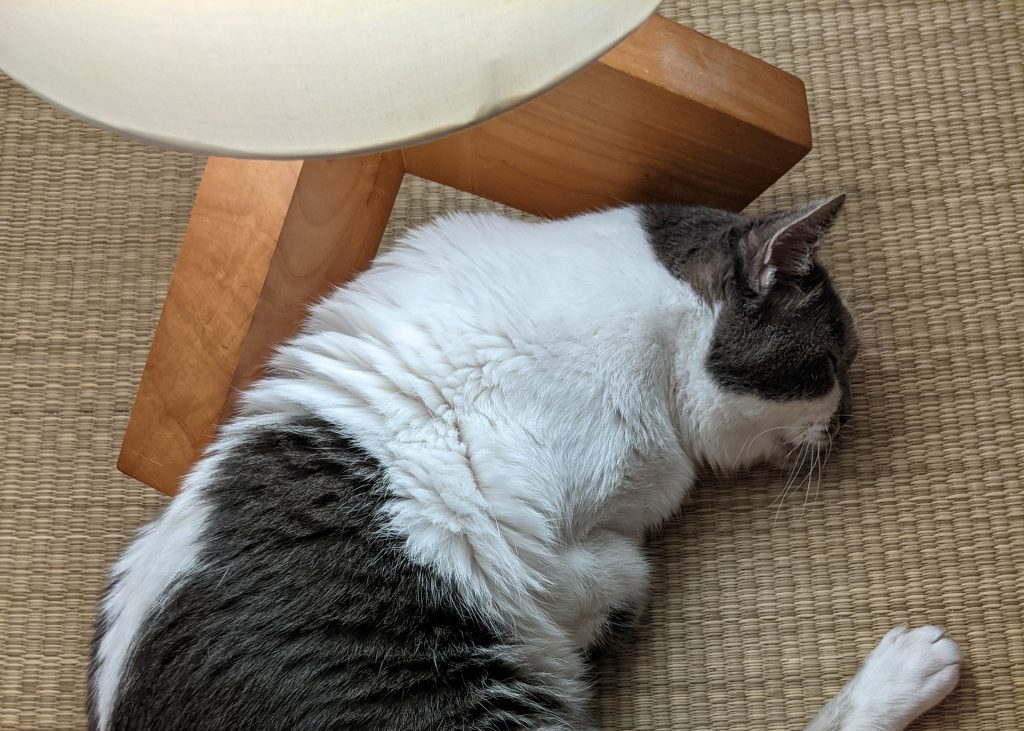Share Article:
As our dogs age, they may experience some cognitive changes that can impact their behavior and overall well-being. The common condition that affects older dogs is Canine Cognitive Dysfunction (CCD).
What is Canine Cognitive Dysfunction (CCD)?
Canine Cognitive Dysfunction, also referred to as “dog dementia,” is an age-related condition that affects older dogs, around 8 years or older. Common signs of CCD are decline in memory, learning ability, and overall cognitive functioning.
Pets with CCD may exhibit symptoms such as confusion, changes in sleep patterns, agitation, lack of interaction and response to family members, pacing, excessive barking and whining specifically during evening hours and altered behavior. They may also experience house soiling, aggression and anxiety.
This condition can be distressing for both the dog and their human family members.
Managing CCD
1. If your dog is experiencing cognitive changes, consult your veterinarian. They will assess your pet’s condition and provide a proper diagnosis which can help in developing a treatment plan.
2. Nutritional supplements can play a vital role in supporting cognitive health. Antioxidants and omega-3 fatty acids are some that can support cognitive health.
3. Make your home environment safe. Place gates and ramps to prevent falls. Remove any obstacles to prevent them from getting stuck in corners. Consider nightlights to reduce disorientation during nighttime. Provide a quiet and safe space for them to rest in. Soothing music may be beneficial.
4. Anti – anxiety, sedative and calming medications and supplements such as Gabapentin, Zylkene, Calming diet and probiotic can come in handy to minimize CCD symptoms.
5. Providing enrichment such as interactive toys, puzzle feeders, and regular training sessions can help keep their mind active and engaged. A consistent daily routine will also provide a sense of stability for dogs with cognitive dysfunction.
6. A regular exercise routine appropriate for your dog’s age and physical condition can help improve cognitive function, promote better sleep patterns, and maintain muscle tone. Keeping them active during the day and going on longer walks right before bedtime can help. However, ensure not to overexert them with strenuous activities.
7. Try to stick to the same routine every day and try not to change it too often so as not to confuse your dog. (Example: 8am Walk, feeding time at 10am, enrichment activity at 3pm, etc.)
Seeing our beloved pets go through the challenges of Canine Cognitive Dysfunction can be difficult. However, with understanding, proper care, and support, we can ensure a better quality of life for our aging dogs.
You might be interested

